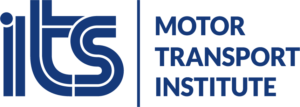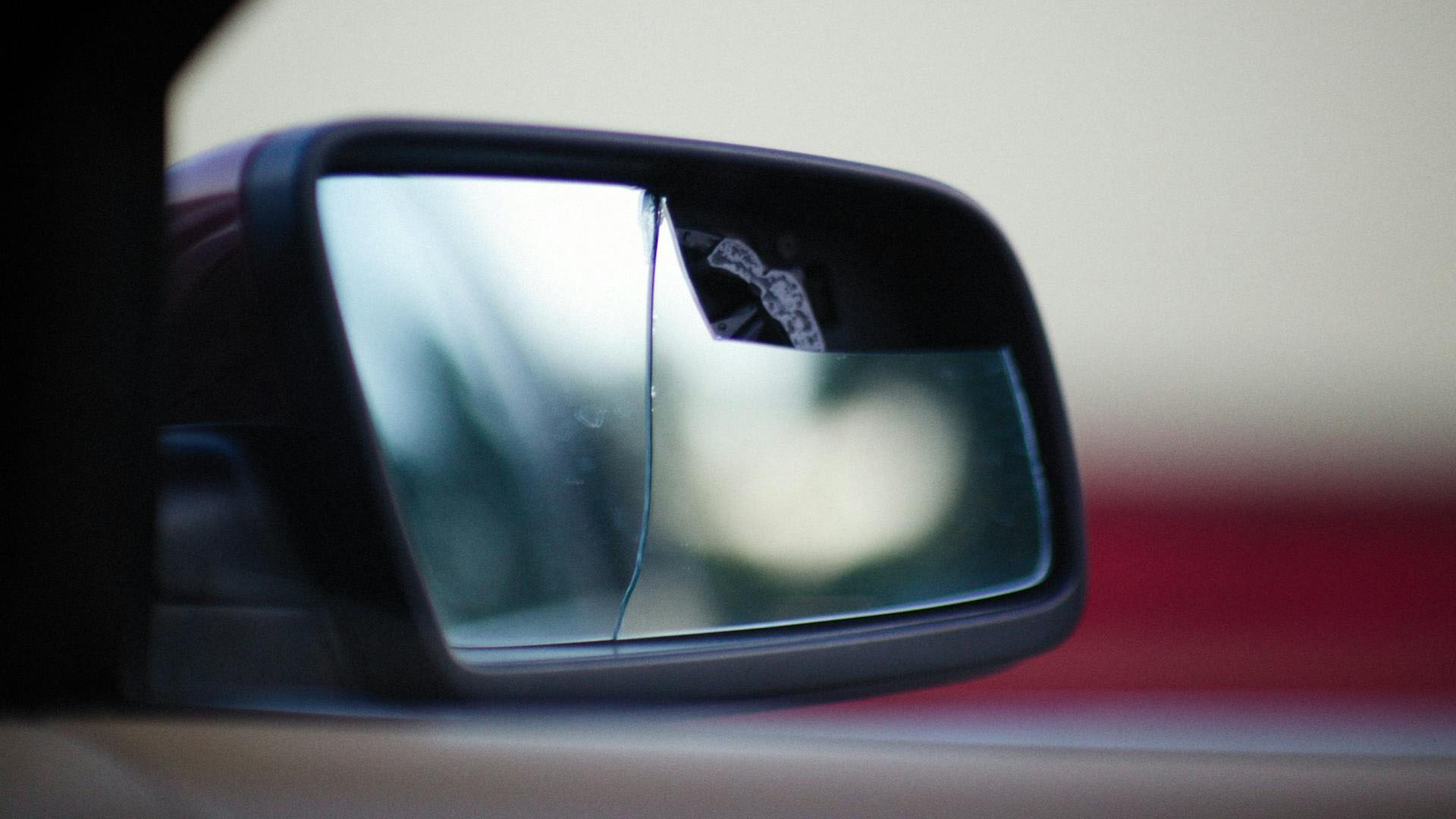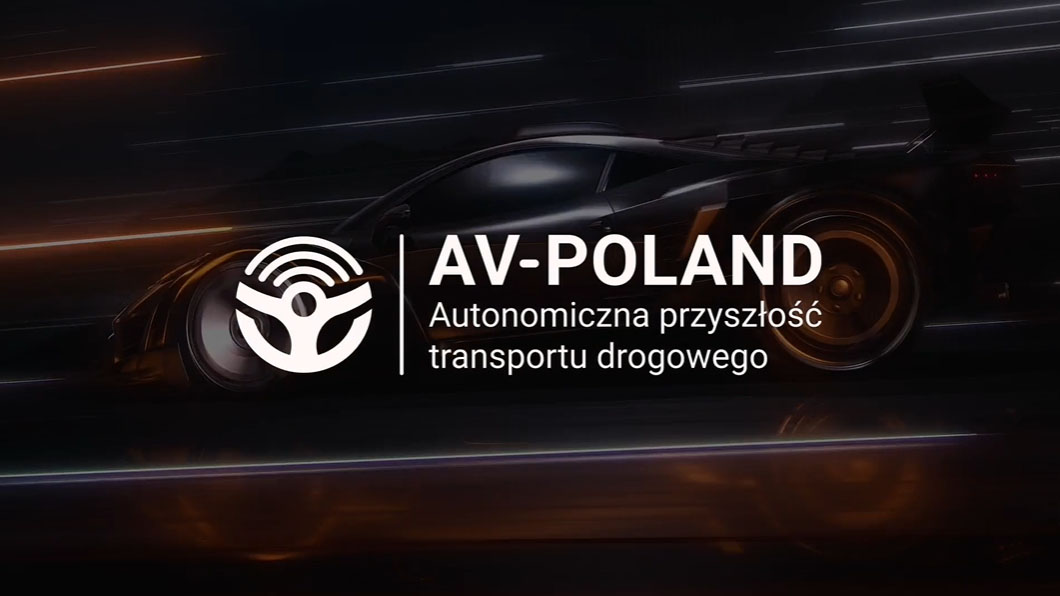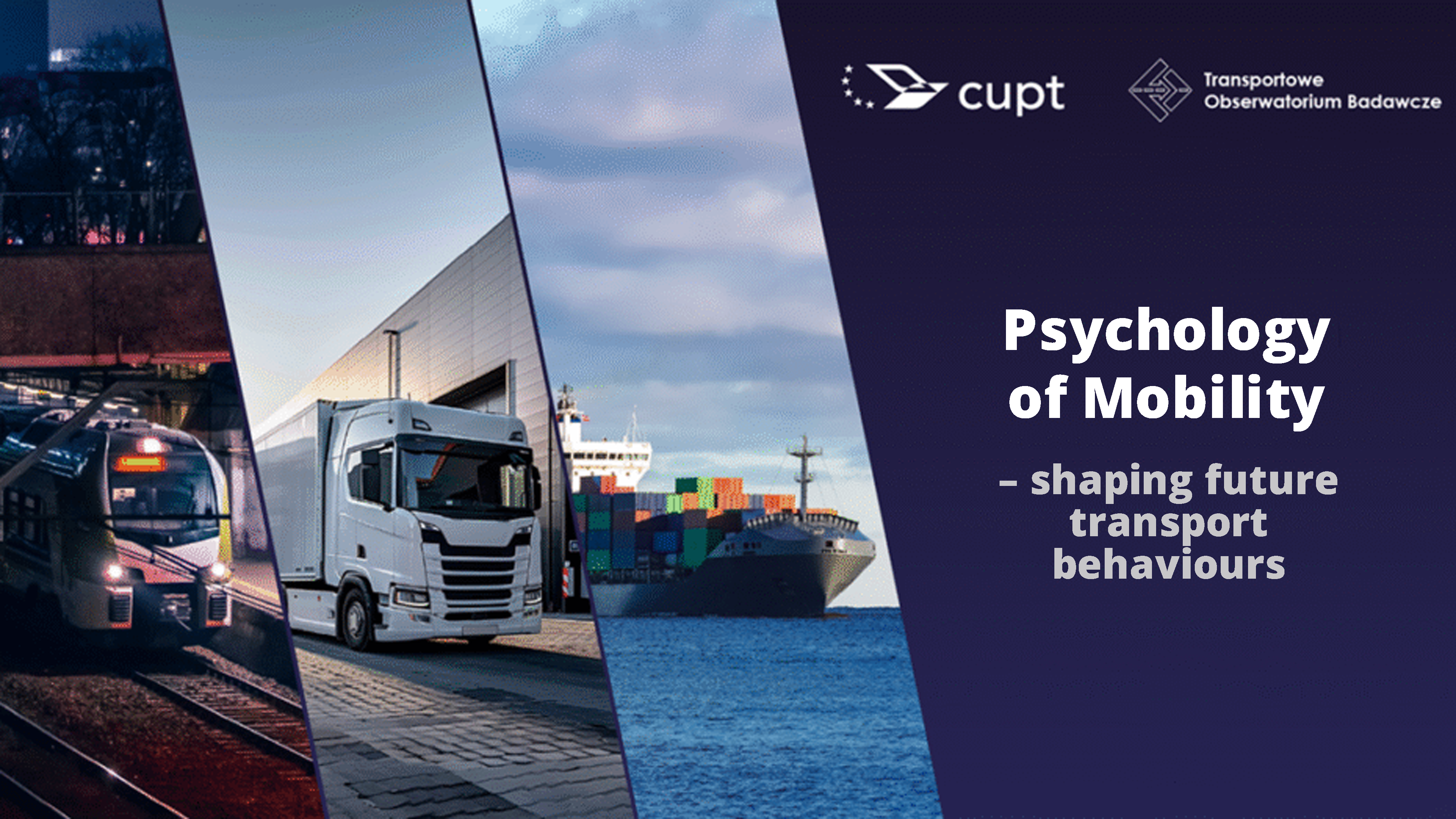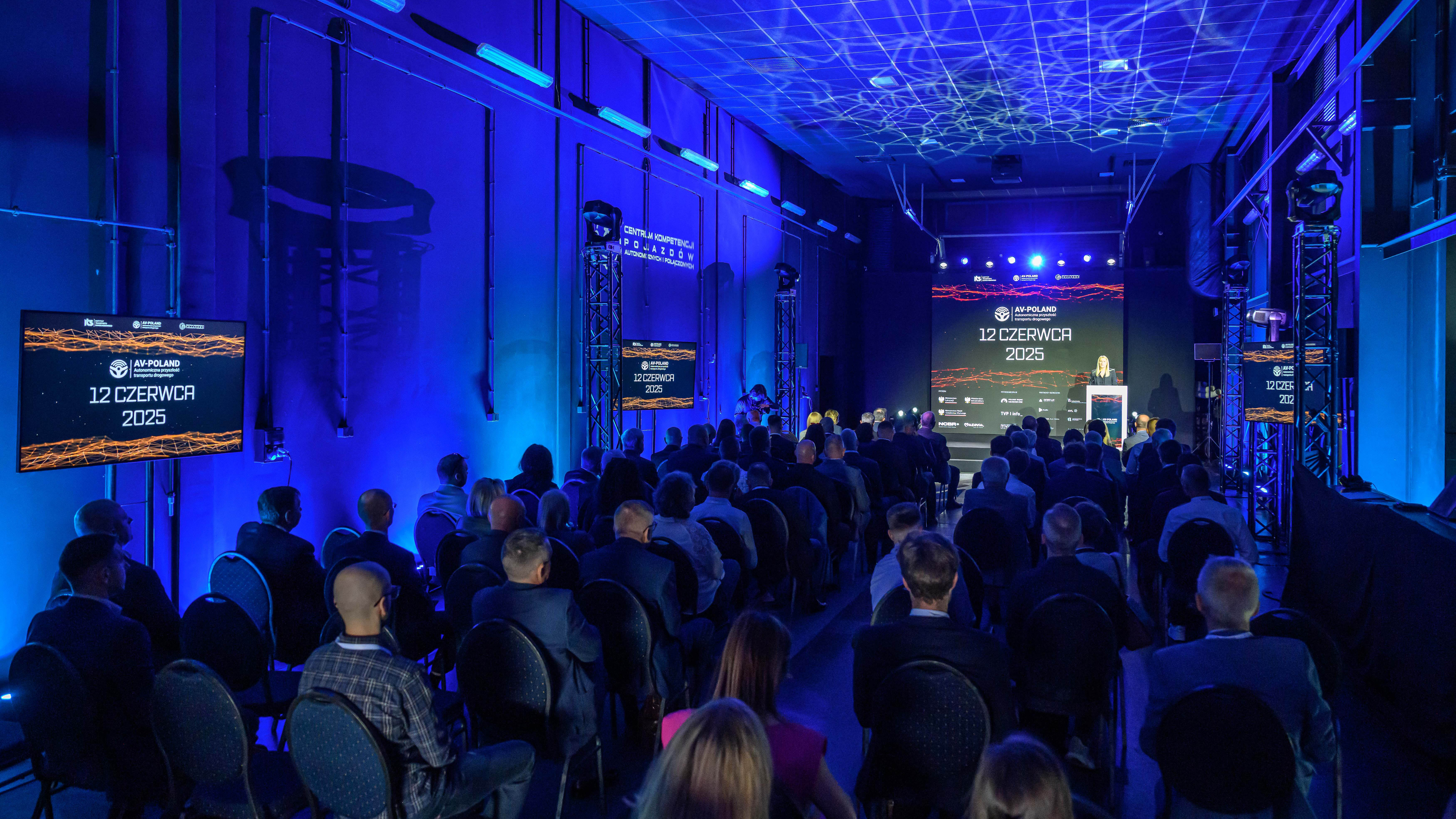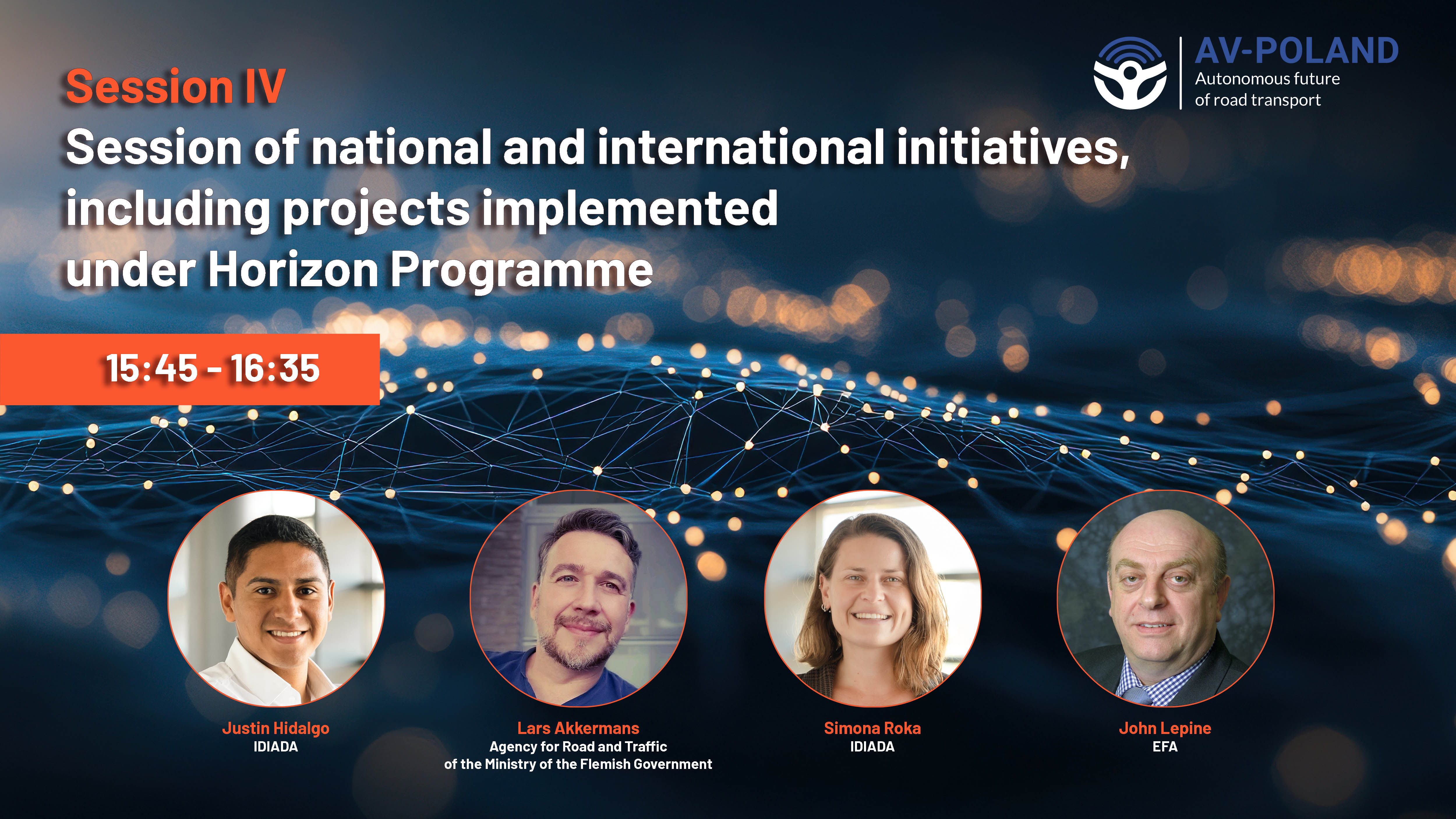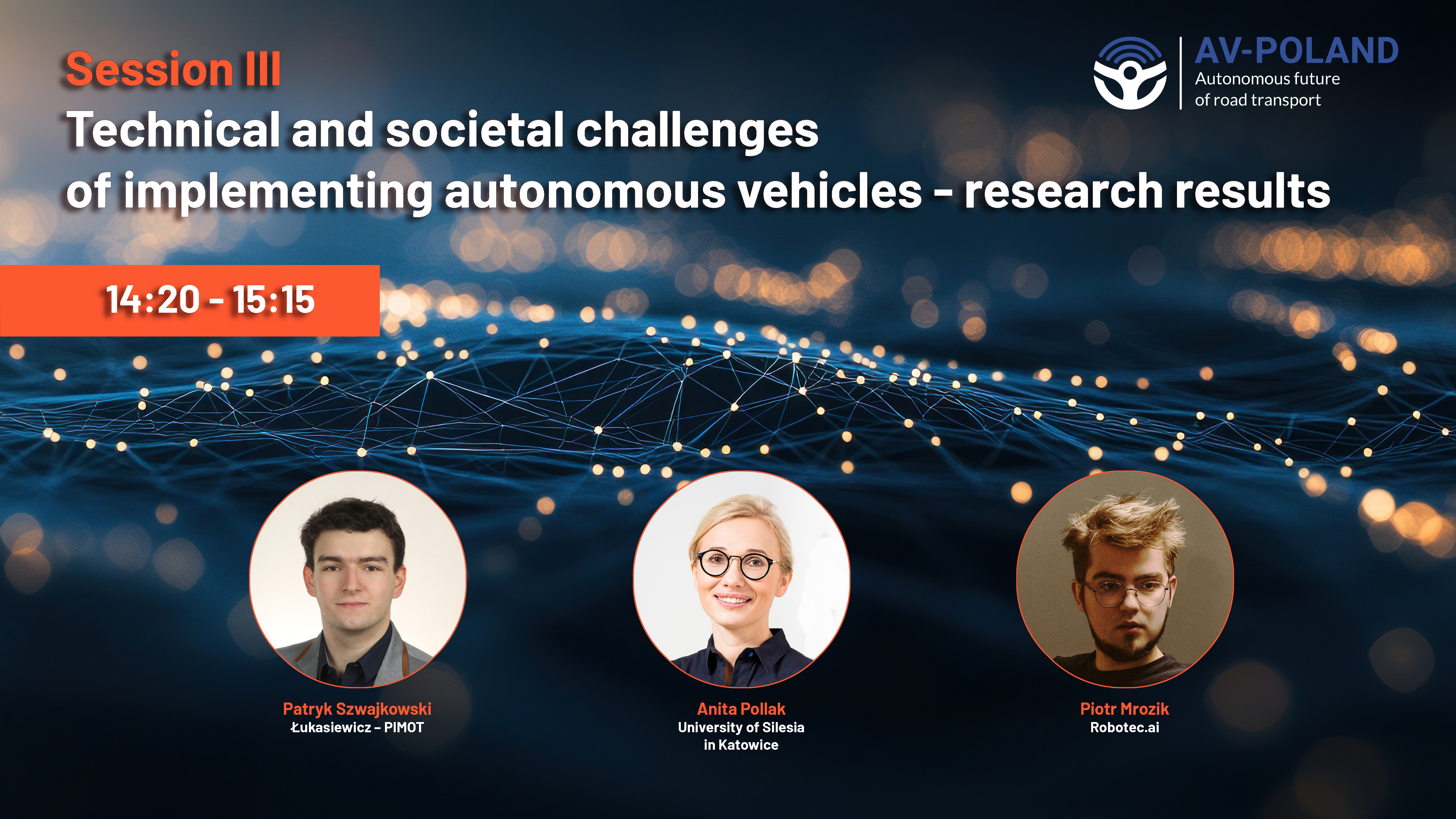Tesla liable for fatal crash caused by Autopilot malfunction
On Friday, August 1, 2025, a jury in Miami, Florida, USA, ruled that Tesla, as the vehicle manufacturer, was liable for the malfunction of the Autopilot feature in the Model S, which contributed to the death of one person and significant injuries to another.

